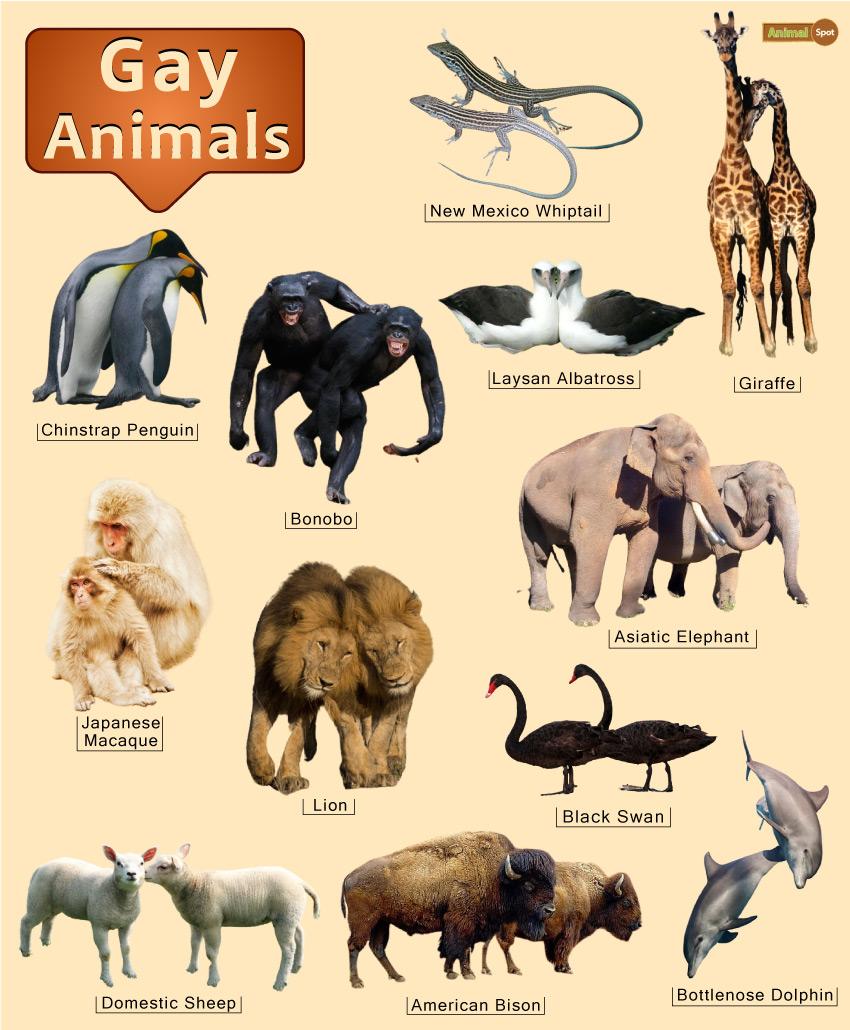In exploring the philosophical and spiritual teachings of the Baha’i Faith, one may ponder an invigorating query: What qualities differentiate humans from their animal counterparts? This contemplation not only invites introspection but also challenges conventional perceptions of superiority within the biological hierarchy. While animals exhibit remarkable traits, the uniqueness of humanity lies in its spiritual and intellectual capacities, which transcend mere instinctual existence.
The Baha’i writings elucidate numerous teachings emphasizing the lofty attributes exclusive to humans. One of the core principles is the concept of the human mind as a repository of knowledge, creativity, and reason. It is through these faculties that humans have the extraordinary ability to conceptualize the abstract, engage in moral reasoning, and envision potential futures. Unlike animals, whose behavior is predominantly governed by instinct and environmental stimuli, humans can navigate complex social constructs, develop intricate languages, and create art that captures the sublime depths of existence.
The notion of intellect stands as a pillar in this discussion. While many species demonstrate problem-solving skills and learning capabilities, the human intellect manifests in unprecedented ways. The capacity for abstract thought allows humans to question their existence, ponder metaphysics, and engage with nuanced dilemmas that require multifaceted solutions. This intellectual prowess gives rise to innovations in science, technology, and culture, solidifying a distinct separation from the animal realm.
Moreover, a Baha’i perspective underscores the importance of morality—an attribute that starkly delineates humans from animals. Moral reasoning involves discerning right from wrong and embracing ethical responsibilities, which animals do not possess in the same capacity. The teachings of Baha’u’llah advocate for principles such as justice, equity, and compassion, urging individuals to act in accordance with a higher moral standard that emphasizes the welfare of others as well as themselves. This moral compass is integral to the foundation of society and fosters harmonious relationships, reflecting an inherent duty towards one another that is paramount in human interaction.
In addition to intellect and morality, the Baha’i teachings emphasize spirituality as another defining quality of humanity. The belief in a transcendent reality imbues life with purpose and meaning, leading to the development of virtues that elevate the human spirit. Unlike animals, who operate primarily within the physical domain, humans possess the capability to cultivate their inner lives through prayer, meditation, and reflection. This spiritual dimension not only enriches personal growth but also amplifies one’s connection with the community and the divine, facilitating a collective aspiration towards unity and love.
The discussions of emotional depth bring another layer of differentiation. Humans experience a vast spectrum of emotions—from joy and love to sorrow and despair—shaped not only by personal experiences but also by a profound empathy towards the feelings of others. While animals are capable of exhibiting emotions, the depth and complexity of human emotional experiences allow for the cultivation of relationships, sympathy, and social bonds that profoundly impact societal cohesion. Such qualities foster environments that promote healing, reconciliation, and collaboration, distinguishing humanity as a species capable of immense generosity and altruism.
Considering the environmental impacts of these unique qualities, a challenge arises: how can humanity leverage its distinctive attributes to foster harmony with the world around them? The Baha’i teachings implore individuals to recognize their stewardship over the Earth, advocating for sustainable practices that demonstrate respect and consideration for the natural world. This intersection of human capacity and environmental responsibility invites a reconsideration of the human-animal dynamic. It urges individuals to perceive not just their dominion over nature but also their role as caretakers, nurturing the Earth’s creatures and habitats.
Integrating knowledge and action, the Baha’i Faith calls for the application of human intellect and moral reasoning to address pressing global challenges. As humanity grapples with climate change, social injustice, and inequality, the teachings implore each person to utilize their unique capabilities to advocate for systemic change. This involves not only intellectual engagement but also embodying virtues that inspire others toward collective action, reinforcing the notion that while animals act on instinct, humans hold the potential to enact meaningful change through informed decisions and compassionate actions.
As discourse around animal rights and welfare continues to evolve, it is vital to recognize the beauty of the animal kingdom while simultaneously honoring the exceptional attributes that distinguish humanity. Through understanding these differences, people may be inspired to coexist with nature in a spirit of love and reverence rather than dominance. This perspective aligns with the Baha’i teachings, which advocate for unity and harmony among all living beings. Each step taken in recognition of this interconnectedness exemplifies the capacity of humans to create a compassionate world where both humanity and the animal kingdom can thrive.
In summary, the Baha’i teachings illuminate valuable insights into the attributes that set humans apart from animals: intellectual prowess, moral responsibility, spiritual depth, and emotional complexity. While animals contribute to the richness of life on Earth, the human condition empowers individuals with the ability to transcend mere survival and engage in a profound quest for meaning and connection. This unique combination bestows a sacred responsibility on humanity to leverage its qualities for the greater good, fostering a world where all creatures coexist in harmony.
